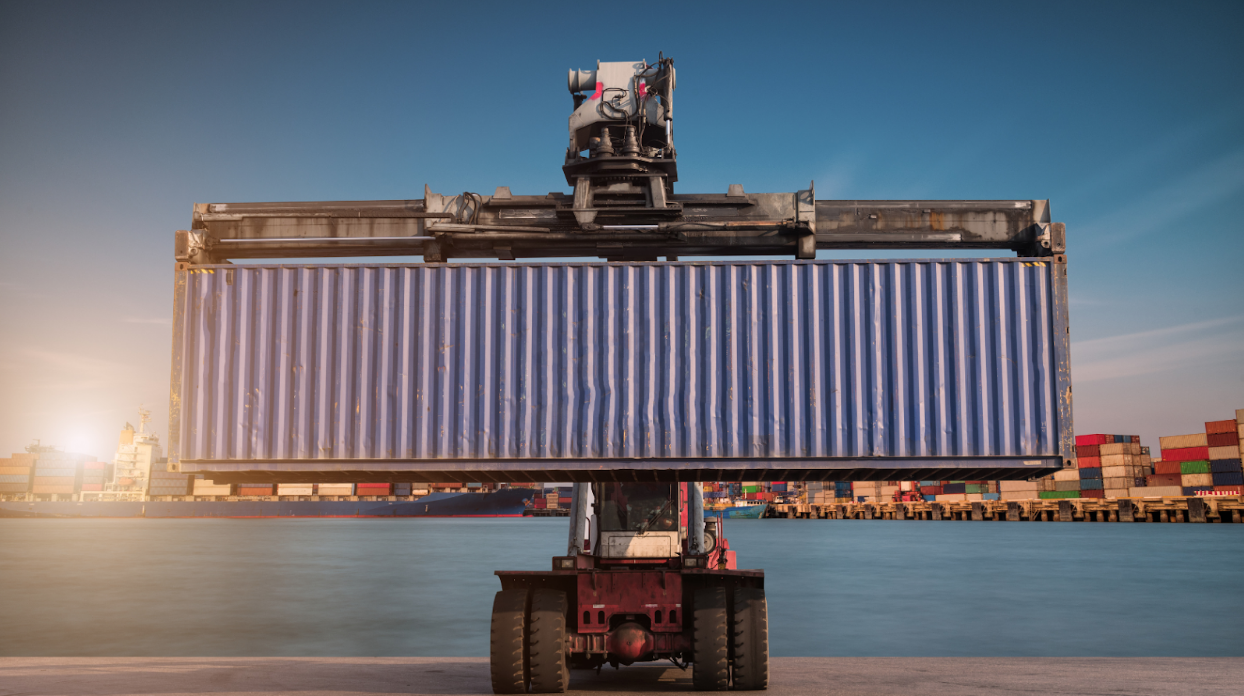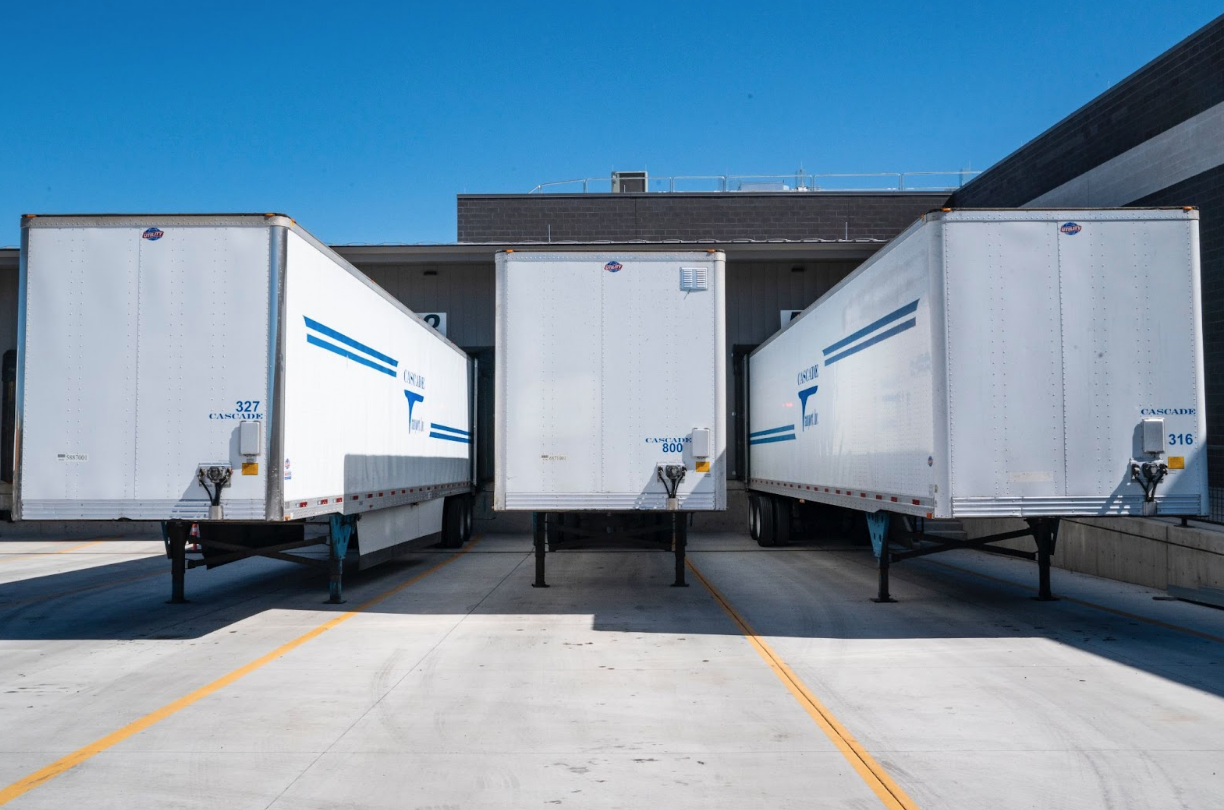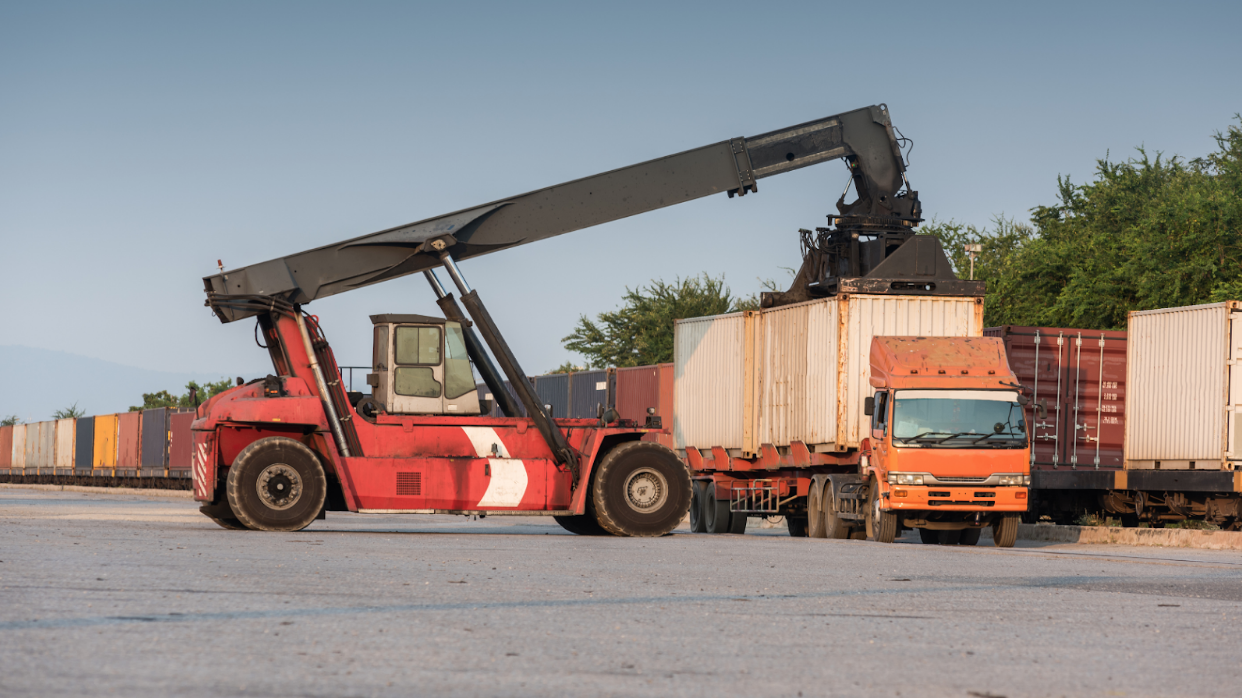In the ever-evolving landscape of logistics, staying ahead of the curve is crucial for success. The world of cargo transport is witnessing transformative changes driven by technological advancements, sustainability imperatives, and global economic shifts. In this blog post, we'll explore the key trends and insights that are shaping the future of cargo transportation.
1. Digital Transformation in Logistics
The integration of technology is revolutionizing the logistics industry. From blockchain for transparent supply chains to artificial intelligence optimizing route planning, digitalization is enhancing efficiency and reducing costs. Embracing these technologies can significantly streamline operations, providing a competitive edge in the fast-paced world of cargo transport.
2. Sustainability in Cargo Transport
As environmental consciousness grows, the logistics sector is making strides towards sustainability. Electric and hybrid vehicles, eco-friendly packaging, and carbon footprint reduction initiatives are becoming integral to the industry. Understanding and implementing these sustainable practices not only aligns with global environmental goals but also meets the increasing demand from environmentally-conscious consumers.
3. Data-Driven Decision-Making
In the age of big data, logistics companies are leveraging analytics to make informed decisions. Predictive analytics and real-time monitoring enable companies to optimize routes, manage inventory efficiently, and enhance overall supply chain visibility. By harnessing the power of data, businesses can adapt to market changes swiftly and make strategic decisions that drive success.
4. Last-Mile Innovations
The last mile of delivery is often the most challenging and expensive part of the logistics process. Innovations such as autonomous vehicles, drones, and smart lockers are transforming last-mile delivery, making it more efficient and cost-effective. Keeping abreast of these innovations is crucial for companies aiming to provide faster and more reliable delivery services.
5. Global Supply Chain Resilience
The disruptions caused by the COVID-19 pandemic underscored the importance of building resilient supply chains. Diversifying suppliers, embracing agile logistics strategies, and investing in risk management are vital components of creating a robust and adaptable supply chain. Navigating through uncertainties requires a proactive approach to mitigate risks and ensure uninterrupted operations.
6. E-commerce Boom and Its Impact
The surge in e-commerce has had a profound effect on cargo transport. The demand for quick and reliable shipping has intensified, pushing logistics providers to reevaluate and optimize their strategies. Adapting to the unique challenges posed by the e-commerce boom, such as handling smaller shipments and managing diverse delivery destinations, is key for sustained success in the logistics industry.
In conclusion, success in the dynamic world of cargo transport requires a proactive approach to embrace emerging trends and technological advancements. Digital transformation, sustainability initiatives, data-driven decision-making, last-mile innovations, supply chain resilience, and adapting to the e-commerce boom are critical aspects that can propel logistics companies to new heights. By staying informed and agile, businesses can navigate the complexities of the logistics landscape and set sail towards a future of sustained success.




